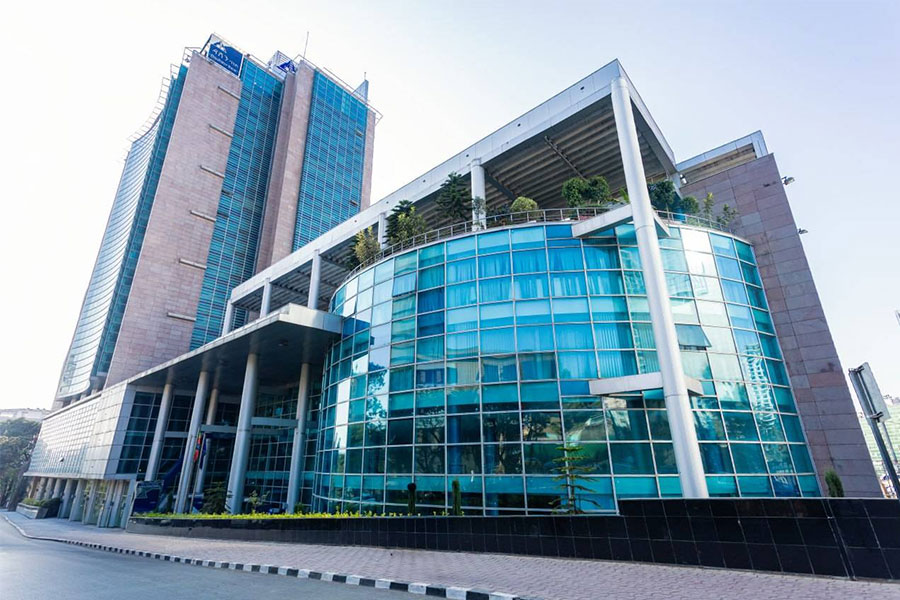
Internet shutdowns, which occurred 13 times over the past four years, no longer just affect micro businesses such as internet cafes. An exploding internet penetration rate, at over a fifth of the population size now, is impacting thriving digital-based markets and industries, from taxi hailing cabs and delivery services to information technology firms. The consequences are affecting an ever growing portion of the population at a time when the economy is slowing, and chief among these were drivers working for taxi hailing companies.
"We tried to contact the call centre to see what options there were," said a driver that worked for the taxi hailing company RIDE, which uses GPS tracking to calculate fare prices and has now ceased operations following the internet blackout. "But we couldn't get through" to the company, continued the frustrated driver, whose income was halved in the past week.
The internet blackout occurred after the violence that followed reports of the death of Hachalu Hundessa, a musician and political activist, on June 30, 2020. It is an indefinite shutdown, and Ethio telecom makes few exceptions for businesses and government agencies.
For the tiny but developing IT industry that had been seeing encouraging results following the increasing importance of digital services during the COVID-19 pandemic and government initiatives to improve connectivity, the blackout was a rude awakening. The alternatives some have sought, such as resorting to SMS texts, are a poor substitute for the flexibility and dynamism the internet had provided, and it is "now extremely discouraging to venture into e-commerce.”
"We'll be incorporating [issues like internet shutdowns] in the plans that will follow the strategy,” was the response from the Ministry of Innovation & Technology.
Beyond the economic implications, digital rights advocacy groups insist that internet shutdowns are not long-term solutions, if not counter-productive. The content on the internet is a reflection of sentiments on the ground, argue these groups, and the answer to the political unrest should instead come through mediation.
You can read the full story here
PUBLISHED ON
Jul 13,2020 [ VOL
21 , NO
1055]

Editorial | Sep 21, 2024

Radar | Jun 21,2025

Radar | Aug 21,2023

Radar | Sep 07,2025

Viewpoints | May 07,2022

Fortune News | Jan 07,2023

Radar | Sep 21,2025

View From Arada | Dec 17,2022

Radar | Jun 08,2019

Fortune News | Feb 23,2019

Dec 22 , 2024 . By TIZITA SHEWAFERAW
Charged with transforming colossal state-owned enterprises into modern and competitiv...

Aug 18 , 2024 . By AKSAH ITALO
Although predictable Yonas Zerihun's job in the ride-hailing service is not immune to...

Jul 28 , 2024 . By TIZITA SHEWAFERAW
Unhabitual, perhaps too many, Samuel Gebreyohannes, 38, used to occasionally enjoy a couple of beers at breakfast. However, he recently swit...

Jul 13 , 2024 . By AKSAH ITALO
Investors who rely on tractors, trucks, and field vehicles for commuting, transporting commodities, and f...

Oct 11 , 2025
Ladislas Farago, a roving Associated Press (AP) correspondent, arrived in Ethiopia in...

Oct 4 , 2025
Eyob Tekalegn (PhD) had been in the Governor's chair for only weeks when, on Septembe...

Sep 27 , 2025
Four years into an experiment with “shock therapy” in education, the national moo...

Sep 20 , 2025
Getachew Reda's return to the national stage was always going to stir attention. Once...